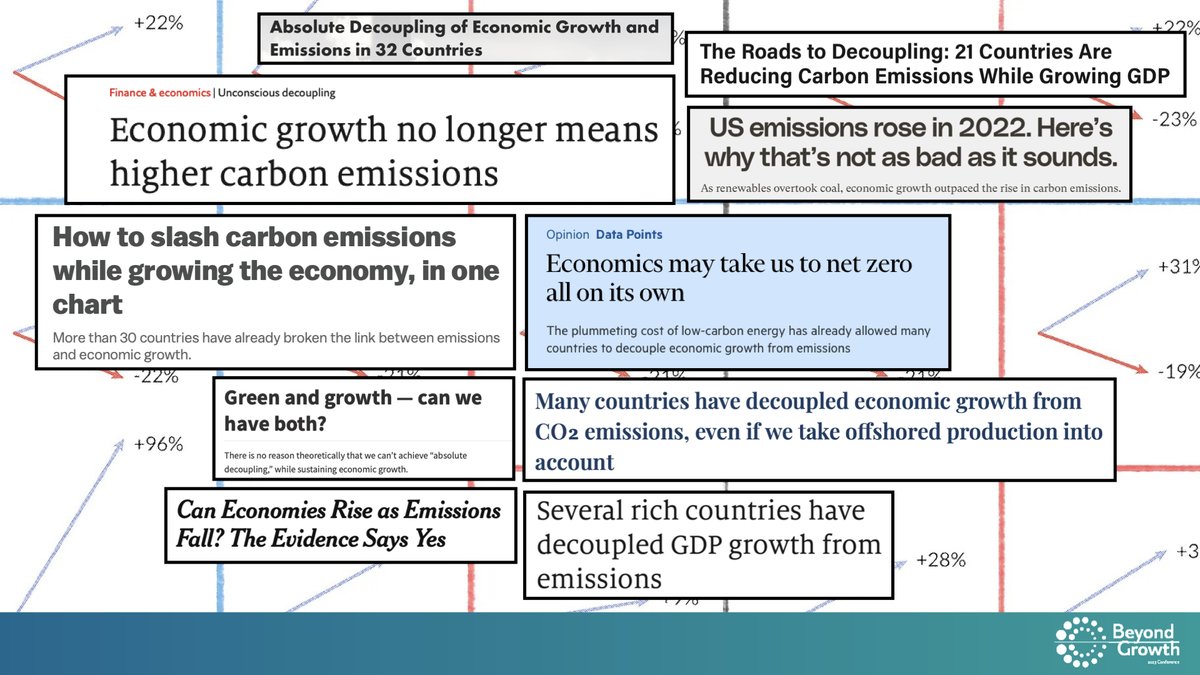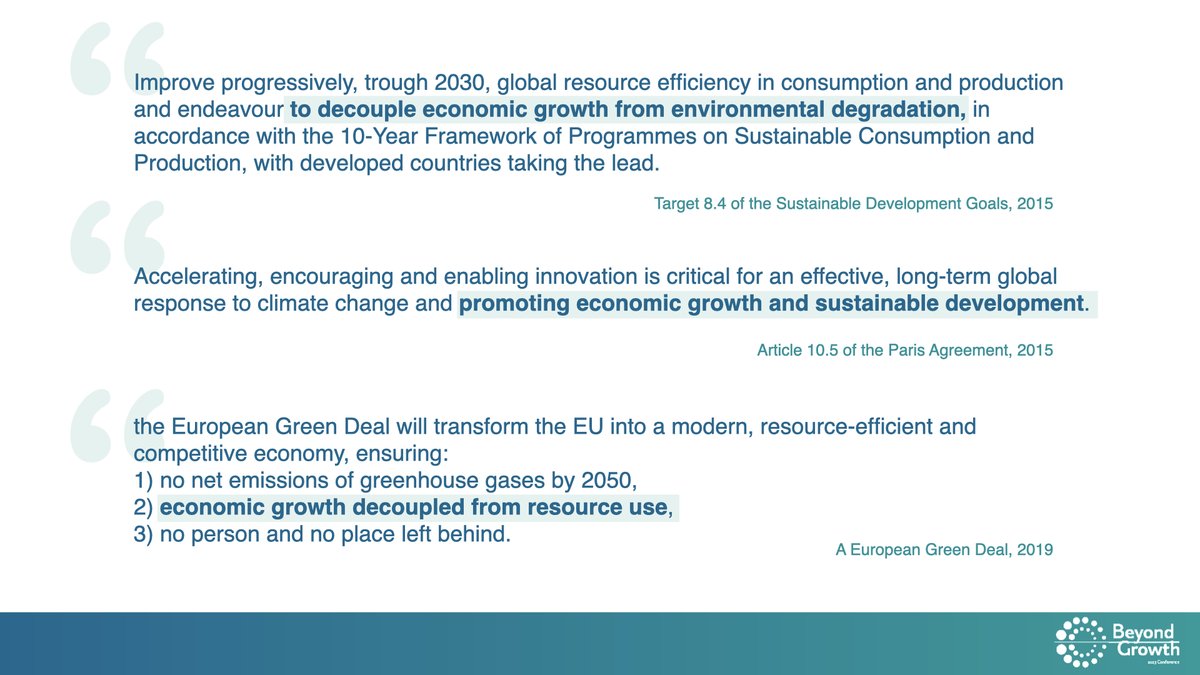10 countries account for 60% of all flights, with the UK, the US, China, Germany, and France alone representing 33% of all flyers. 

In England, half of people never flies, and out of the people who do, most of them fly once a year. But when looking at flights, only 20% of them are taken by these majority who flies only once a year. Most flights are taken by people who fly several times. 

Take-home message: aviation remains a luxury service, and we should take inequalities into account when we discuss the (necessary) degrowth of that sector.
static1.squarespace.com/static/5d30896…
static1.squarespace.com/static/5d30896…
• • •
Missing some Tweet in this thread? You can try to
force a refresh























